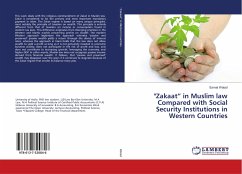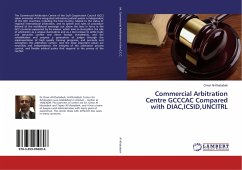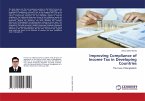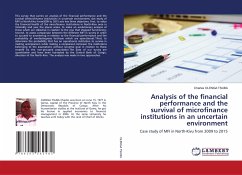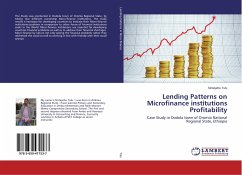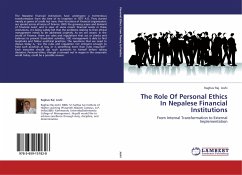This work deals with the religious commandment of Zakat in Muslim law. Zakat is considered to be the primary and most important mandatory payment in Islam. The Zakat regime is based on many unique principles, most notably the principle of taxation on wealth. This principle is entirely different from that of taxation on income or consumption found in modern tax laws. This difference originates from diverging premises in the Western and Islamic worlds concerning profits on wealth: The modern Western approach legitimizes the approach whereby "passive and preserved" passive wealth yields a return through the device of interest rates, whereas the approach in Islam holds that the law does not allow wealth to yield a profit as long as it is not genuinely invested in economic business activity, does not participate in the risk of profit and loss, and does not contribute to increasing growth, leveraging the economy, and higher GDP. In other words, Muslim law does not recognize passive income derived from financial wealth. It follows, that "passive and preserved" wealth may disappear over the years if it continues to stagnate because of the Zakat regime that erodes its balance every year.
Bitte wählen Sie Ihr Anliegen aus.
Rechnungen
Retourenschein anfordern
Bestellstatus
Storno

